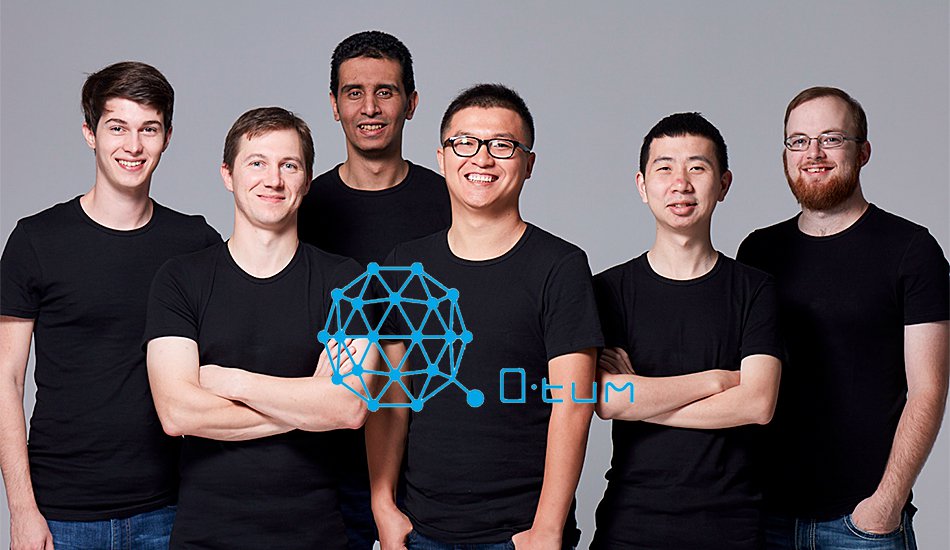Qtum , a forthcoming digital currency and open source community project, announced this week that it had passed $1 million in backing from top industry executives. Some of the project’s high-profile supporters include co-founder of Ethereum and founder of Jaxx Blockchain Interface, Anthony Di Iorio; co-founder of Augur and EIR at Blockchain Capital, Jeremy Gardner; OkCoin CEO, Star Xu; blockchain technology advocate Bo Shen; billionaire Kuaidi Dache founder, Chen Weixing; and Chinese angel investor Xiaolai Li, among others.
The Qtum Project began in March of 2016 as a proof-of-concept, led by Patrick Dai. So far the team has completed the design of the Qtum model, the world’s first digital currency that can execute smart contracts with a Proof-of-Stake consensus mechanism based on an Unspent Transaction Output (UTXO) model.
Dai, a PhD candidate in Computer Science, previously worked at Alibaba. He began his research and development of blockchain technology in 2013.
In an interview with Bitcoin Magazine, Dai noted a lack of “innovation in blockchain technology coming out of China.” Dai hopes to build a new ecosystem that can attract a large number of developers in China and around the world.
Dai added, “Qtum is a global project that aims to connect the existing Bitcoin and Ethereum communities with businesses. The Qtum Foundation, the Singapore-based entity driving development and overseeing the project, has brought together talented Bitcoin and Ethereum developers and also gifted individuals from top global companies including Baidu, Alibaba, Tencent and Nasdaq.”
“The team and leadership were the greatest factors,” said Di Iorio of his decision to invest in Qtum. “They have a history of execution and are very business oriented. Many consider them to be the best team in China.”
Blockchain technology has attracted the attention of many industries. However, commercial use cases have faced challenges. “The Qtum project is for real business needs,” said Dai.
Bo Shen, a partner at Shanghai-based Fenbushi Capital and blockchain technology advocate, noted: “For the past couple of years the blockchain community and business world have been running alongside each other in parallel, and I think Qtum is where they meet.”
At present, two of the most prominent blockchain ecosystems, Bitcoin and Ethereum, have incompatible platforms. Qtum aims to pool the development resources of Bitcoin with decentralized application (DAPP) developers from Ethereum.
The financial industry has been one of the most active explorers of blockchain technology, though finance is highly regulated, especially in China. This industry is the largest holder of blockchain-related patents. Qtum also allows users to authenticate their identity through smart contracts, which will enable them to use more decentralized applications, such as those provided by the financial industry.
According to Dai, blockchain technology is not yet mainstream. However, through Qtum’s “Go Mobile” strategy, Qtum will push DAPPs to the masses.
The Qtum community has already launched two community projects: SpringEmail and Qloha. SpringEmail hopes to combine blockchain technology with the Simple Mail Transfer Protocol (SMTP), allowing users to use the mailbox to send and receive small amounts of digital currency.
Qloha, which utilizes WeChat’s new “mini programs” platform, enables users to send Qtum tokens and chat with bots to order products or services via WeChat. Qloha hopes to extend this feature to other messaging platforms such as iMessage, Telegram and Facebook Messenger to improve the usability of blockchain technology.
Qtum plans to have a crowdsale to cover the development costs of the project on March 1, 2017, through their website and exchanges.
The post Qtum: Connecting Blockchain Technology With the Commercial World appeared first on Bitcoin Magazine .

